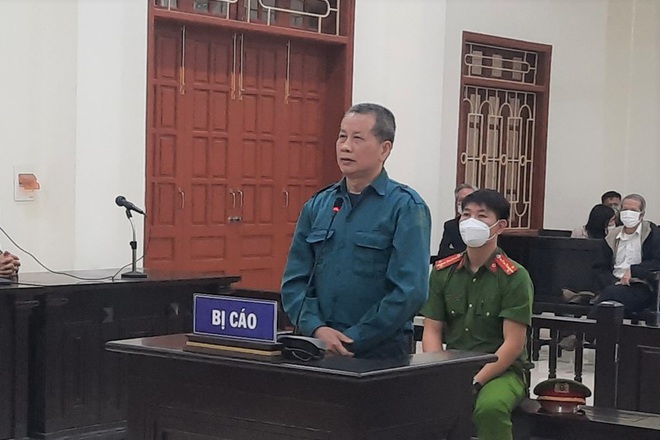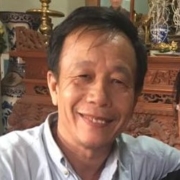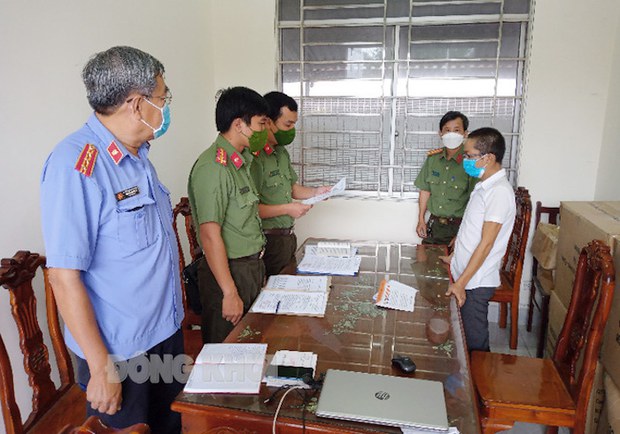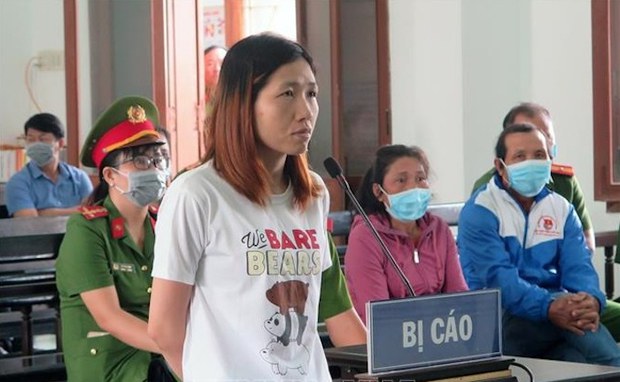The Repression of Female Activists in Vietnam
The U.S. State Department’s latest report on human rights in Vietnam notes the lack of female and minority participation in national decision-making, despite the introduction of quotas. According to the report, less than one quarter of the National Assembly is made up of women, and only two out of 28 cabinet positions are held by females.
The United Nations Development Programme partially attributes this inequality in representation to persistent negative gender stereotypes in Vietnam. It is challenging traditional gender roles through its #HowAbnormal campaign to show what the roles would look like if they were swapped.
Vietnam’s gender inequality is also evident in its repression of dissent. Many of the activists currently imprisoned in Vietnam are women, including Bui Thi Minh Hang, a blogger and land and religious rights activist serving three years, and Nguyen Thi Minh Thuy, who was also sentenced to three years in prison, just last month. Also in March, three female protesters were sentenced to 3 to 4 years each for a peaceful act of resistance– waving flags.
Bui Thi Minh Hang is currently being held at a prison 1,000 km away from her family and has previously been denied access to them. Her current sentence marks the second extended period of time that she has been separated from her family in just five years. In a recent letter to her youngest son, she encouraged him to focus on his studies and not let her imprisonment distract him from his schooling. “Several years are nothing, right my son?,” she wrote.
Womens’ imprisonment is often biased against their needs and may also have different societal impacts. Imprisonment of female activists can have especially destructive consequences for families when one considers the traditional care work that women in Vietnam perform. This may be especially true where the women is the sole parent or is caring for relatives. Further, as more and more women enter the workforce and support their families financially, the disruption of women’s contribution to the social and economic realms due to imprisonment, harassment, and injury to suppress dissent may become even more important to explore.
In a series of interviews with The 88 Project, Pham Thanh Nghien also spoke about unfair treatment in prison towards female prisoners. This includes disregarding feminine hygiene needs, like the need for adequate sanitary pads, and needs for extra privacy. Watch the interview.
Moreover, women are still afforded far less visibility in most international circles than are men. While this may be changing slowly, one must question whether women’s stories are told with the same vigor and support as men– and how women’s stories are told as well. Representing women activists in honest and powerful ways will surely honor their legacies more than portraying them as merely victims. Though framing women as victims may assist in fomenting international support for their release and assistance, it does little to dismantle oppressive gender roles that will affect women whether they are in prison or walking freely down the streets.
Often, organizations focus on aid and support for women who are in needed of healthcare, education, or other basic needs fulfillment. While this is no doubt important, and still greatly needed in Vietnam, so are organizations and advocates for Vietnamese women that focus on supporting local organizing, freedom of expression, and judicial system reform. Together, the two approaches can have a powerful impact on women and society as a whole.
Violence against and repression of activists affect everyone in a community. However, we need to consider the specific effects on women, as repression of their voices by the Vietnamese state only adds to the marginalization of their voices that they already face in the world at large.






